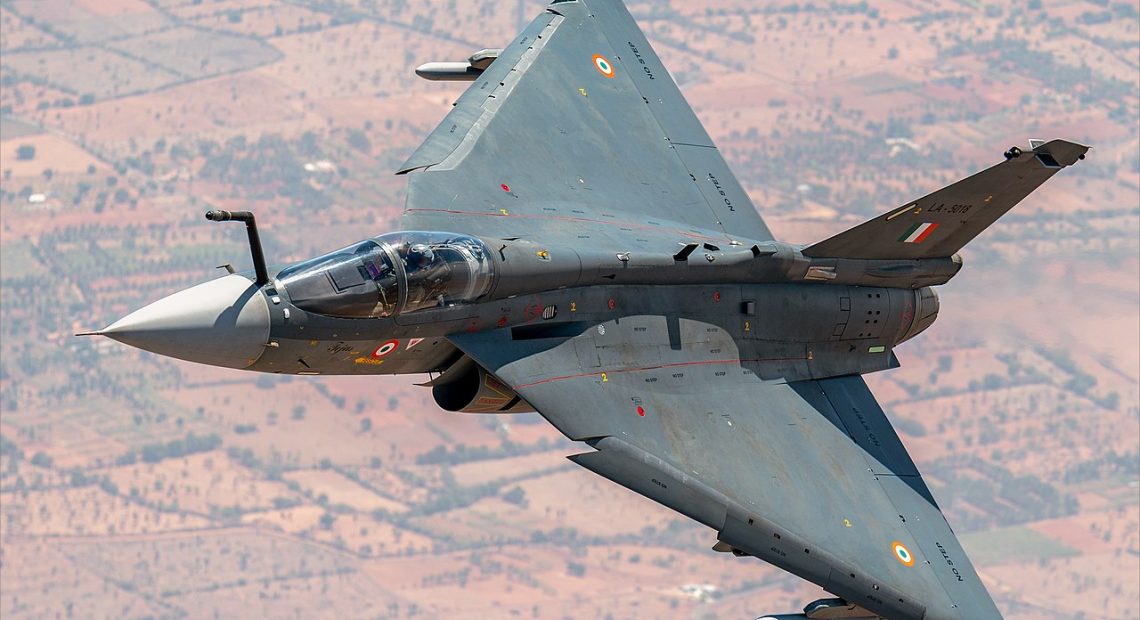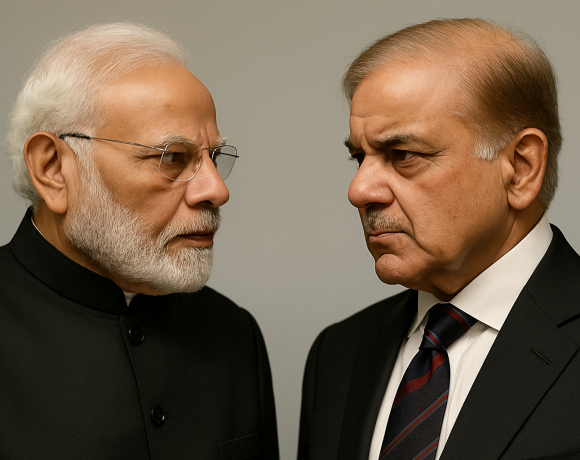
HAL Ropes in Private Firms to Accelerate Tejas Mk1A Manufacturing
In a major push to fast-track the delivery of 97 Tejas Mk1A fighter jets for the Indian Air Force, Hindustan Aeronautics Limited (HAL) is planning to significantly increase private sector participation in the production process. The move is aimed at scaling up manufacturing capacity and meeting delivery timelines amid growing strategic demand.
As part of this effort, HAL will delegate several key modules and sub-systems of the Tejas Mk1A fighter to qualified Indian private firms. These include components such as airframes, avionics, and structural assemblies, which can be outsourced while HAL retains responsibility for final integration, flight testing, and quality assurance.
Speeding Up Production for the Indian Air Force
The decision follows HAL’s recent contract with the Ministry of Defence for 97 additional Tejas Mk1A jets, signed earlier this year. With this order, the total number of Mk1A aircraft on order now stands at 180, making it one of the largest indigenous fighter procurement deals in Indian history.
To meet the tight delivery schedule — with the first batch expected to be delivered starting next year — HAL has been under pressure to expand its ecosystem and avoid bottlenecks in the assembly line. The involvement of the private sector is expected to help HAL move from the current pace of around 8–10 aircraft per year to over 20 aircraft annually in the coming years.
Strengthening the Defence Industrial Base
HAL’s strategy to decentralize production is not only about speed but also about strengthening India’s defense manufacturing capabilities. By involving Indian private players, the company is aiming to deepen industrial participation and create a robust supply chain that can support future programs like AMCA and the LCA Mk2.
Several companies, including Larsen & Toubro, Alpha Design, VEM Technologies, and others, have already been involved in Tejas Mk1A component production under earlier contracts. The new plan expands their role while opening the door for additional firms with proven aerospace capabilities.
A Step Towards Atmanirbhar Bharat in Defence
This expanded model of public-private partnership fits squarely within the government’s “Atmanirbhar Bharat” vision, which seeks to reduce import dependency in the defense sector and promote indigenous innovation. The Tejas program, with over 60% indigenous content, is being projected as a success story for India’s self-reliant defense ambitions.
By sharing the manufacturing load with private industry, HAL is expected to not only meet deadlines but also reduce per-unit costs over time, making Tejas more attractive for future export bids.


















